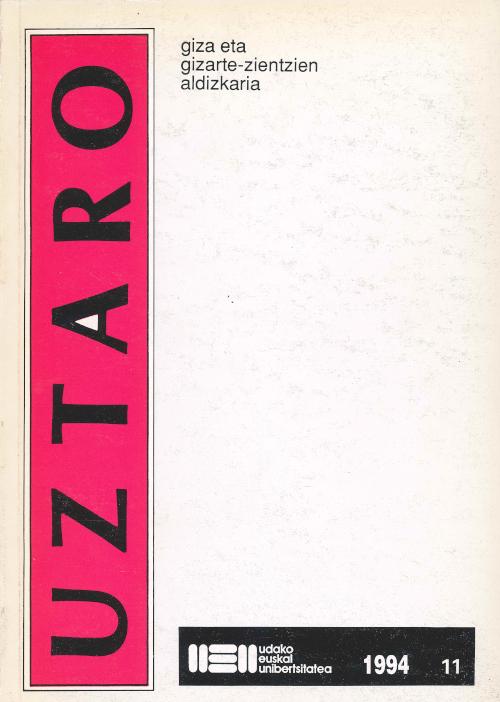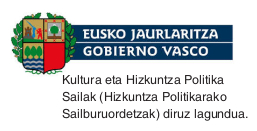Langileak ba al dauka aberririk? Euzko Langileen Alkartasuna sindikatuaren sorrera eta garapena
Abstract
The national movements and the industrial-capitalist modernization of society are just two sides of the same coin, the two components of the \"Double Revolution\" (E.J. Hobsbawn). Consequently, since the 19th. century there have been frequent relations between the working class and the national question, as well as polemical discussions about the character of these relations. In the frame of this broader historical context, the article discusses the dialectic between class and nation in the Basque Country, focusing especially on the historical development during the Restauration-Monarchy of the nationalist trade union ELA, founded in 1911. In the different chapters, we outline a brief analysis of the foundation of ELA, the social profile of its members, its ideology and sindical praxis, as well as its relations to political nationalism. Among other conclusions, we could like to underline tha ability of nationalism to potentially penetrate all social classes, not only the bourgeoisie as was supposed by the marxist classics.Downloads
Download data is not yet available.
License
Copyright (c) 1994 Uztaro

This work is licensed under a Creative Commons Attribution-NonCommercial-ShareAlike 4.0 International License.
Downloads
Published
1994-07-18
How to Cite
Mees, L. (1994). Langileak ba al dauka aberririk? Euzko Langileen Alkartasuna sindikatuaren sorrera eta garapena. Uztaro. Giza Eta Gizarte-Zientzien Aldizkaria, (11), 29–36. Retrieved from https://aldizkariak.ueu.eus/index.php/uztaro/article/view/3784
















